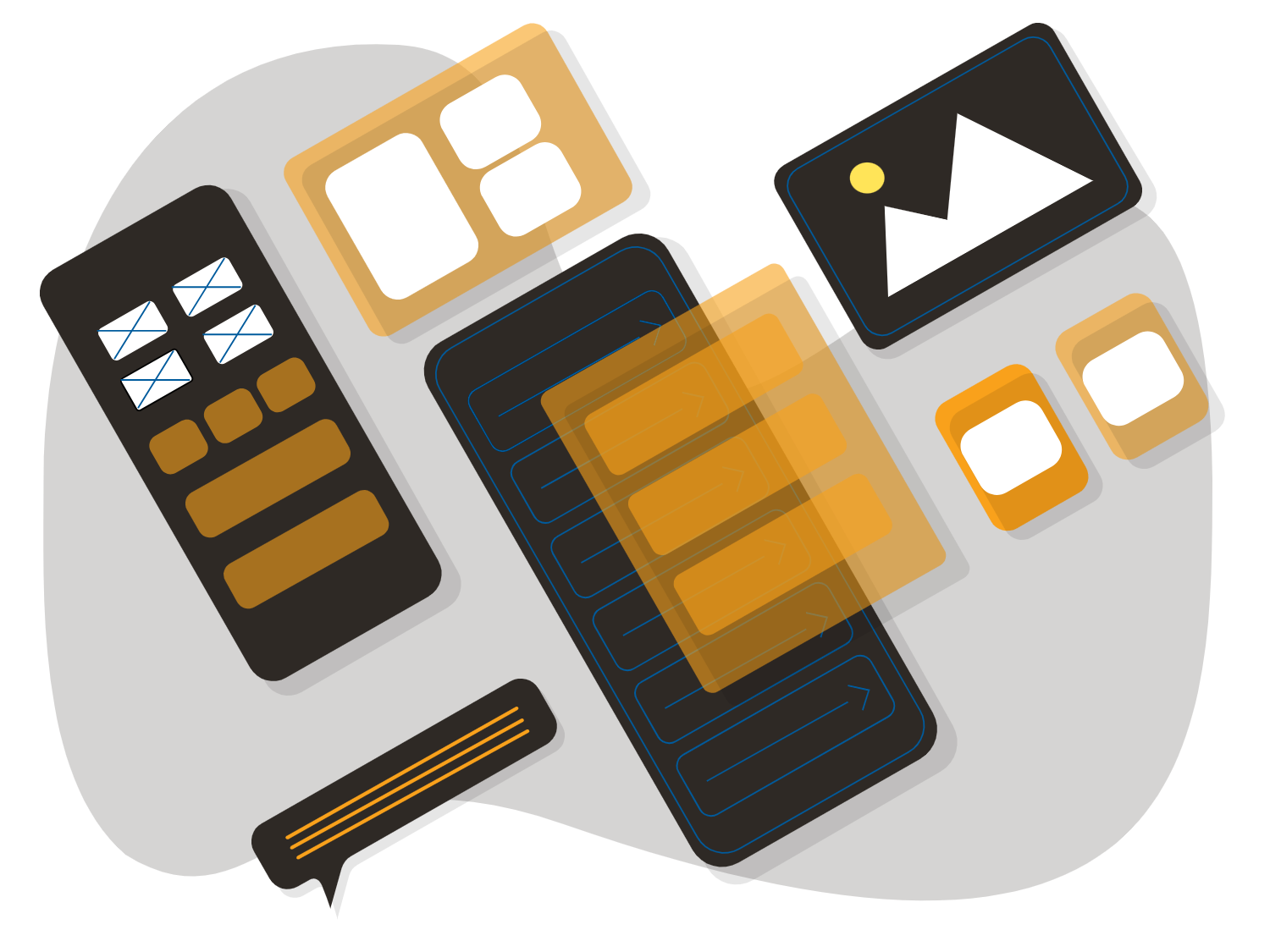

Important Internet Security Tips for Users
The National Cyber Security Month was recognized to strengthen the weakest part of any security resolution: humans. Despite how expensive or effective the security tools used to protect your network security are, there is no you can predict the extent of damage that can be caused by one careless online user. The fight against cyber-crime is fought every time a user tries to click any unfamiliar link or try to open an attachment online, And just a single and simple mistake as this could be the reason why you will lose massive data loss. Here are a few tips to help understand cybersecurity and keep you protected.
1. You are always A Target.
It is imperative to know that every time you online, you are an attractive target to cyber hackers. Do not ever say that it will not happen to me
2. Eight Characters passwords are not enough.
You should always Practice good and secure password management. Utilize a strong combination of keyboard characters, and do not use similar passwords for different sites. Do not share or give out your password to others. Do not write them down either, and absolutely do not write them on your post-it note which you always place to your monitor.
3. Always lock your device up.
Do not leave your devices at any time unattended. When you have to leave your phone, computer, or tablet for a certain amount of time—no matter the duration .Always lock the device up so that no one can access and use it when you are away. If you store sensitive information on the external hard drive or flash drive make sure you have them locked up as well.
4. Always Practice Safe Clicking.
When you are either surfing online or offline, you must be careful when you are clicking on attachments and links that come with emails. If it is suspicious or unexpected email for any reason, do not click on it at all. Make sure you double check twice the URL of the website where the link is taking you to: Hackers actors will always take advantage of the spelling mistakes in URLs to direct you straight to a harmful domain.
5. Be Conscious of Browsing.
When doing sensitive browsing, like banking and shopping, you should always do it on a personal device and on a safe network. Even if it is a public computer, friend’s phone or a cyber cafe free Wi-Fi—your data can be stolen and copied.
6. Back your Data Up.
Always back up your personal data regularly. Make sure that your anti-virus software and other security tools are always up to date.
7. Consider Physical Cyber Safety.
You should also be conscientious of anything you plug into your device or computer. Viruses or Malware are normally spread through infected external hard drives, flash drives, and also smartphones.
8. Do not Share Sensitive Information.
You should watch what you are constantly sharing on the social networks. Hackers can easily befriend you and gain access to a considerable amount of information. This includes where you school, place of work, and when you are on vacation. They can gain valuable information that can cost you a lot. By following these simple tips, you can be sure you will be safe online.




